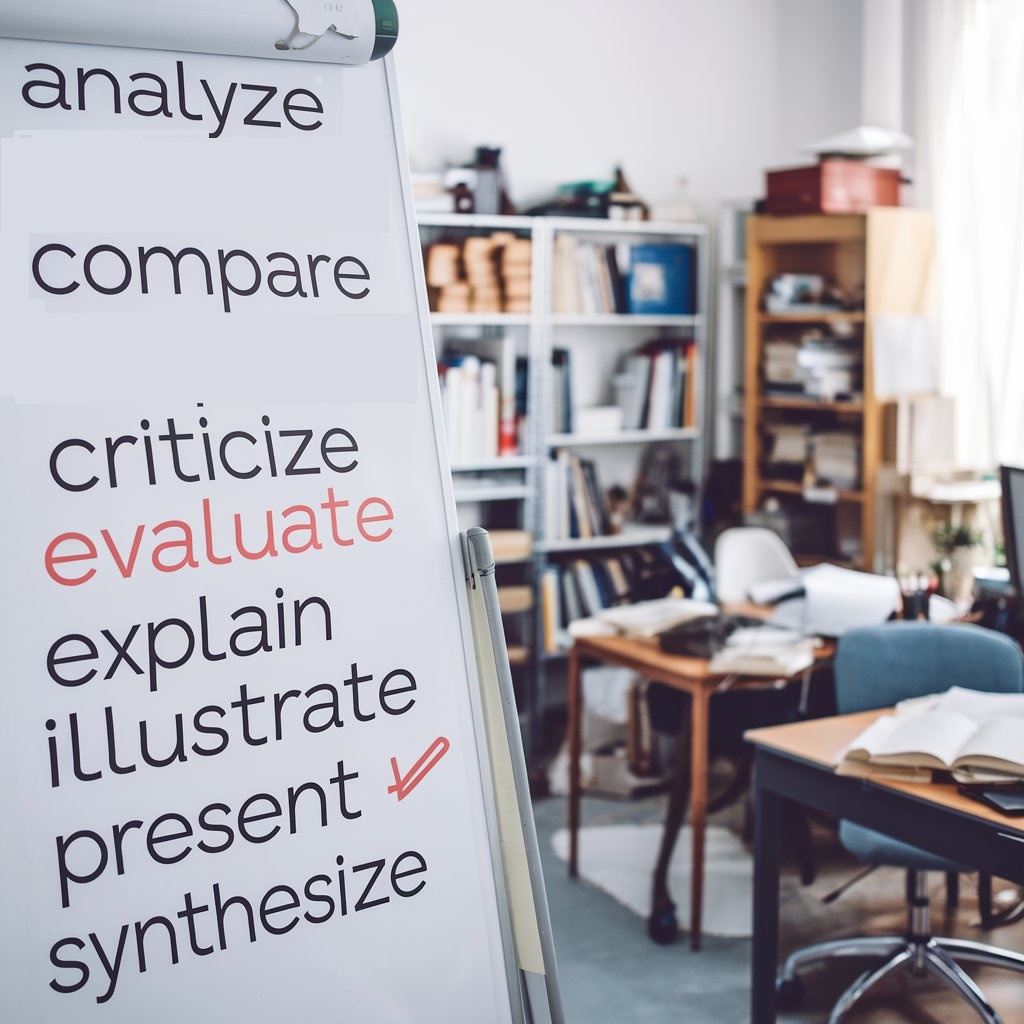Academic writing, especially in research papers, demands precise and appropriate verb usage. The choice of verb tense not only conveys the timing of actions but also affects how readers interpret your work. Each section of a research paper serves a different purpose and the verbs you choose should reflect that.
How to Use Verbs in Research Paper Writing: Section-by-Section Guide
Using the correct verbs in a research paper is more than a grammatical requirement—it’s essential for clarity, precision, and academic tone. Each section of your paper plays a specific role and demands appropriate verb usage to maintain consistency and professional polish. Below is a comprehensive guide to using verbs effectively in each section of a research paper.
1. Abstract
Purpose:
To provide a concise summary of the entire paper, including the background of the study, research objectives, methodology, major findings, and conclusions.
Preferred Verb Tense:
Common Verbs:
-
Past Tense: investigated, conducted, observed, examined, found, identified
-
Present Tense: suggests, indicates, shows, implies
Example:
This study examined the relationship between sleep quality and academic performance among university students. The results show that better sleep quality is associated with higher GPA scores.
2. Introduction
Purpose:
To set the context for the study by introducing the topic, presenting relevant background, defining the research problem, and stating the study’s objectives or hypotheses.
Preferred Verb Tense:
-
Present tense for general facts, accepted theories, and current issues.
-
Past tense for specific findings or prior studies.
Common Verbs:
-
Present: explains, argues, suggests, emphasizes, highlights, addresses
-
Past: discovered, reported, identified, demonstrated
Example:
Many researchers argue that digital distractions impact academic performance. For instance, Johnson (2019) found that frequent phone usage during lectures led to lower test scores.
3. Literature Review
Purpose:
To analyze and synthesize existing research, highlight relevant findings, identify gaps, and establish a foundation for your study.
Preferred Verb Tense:
Common Verbs:
-
Past: found, revealed, concluded, reported, noted, demonstrated
-
Present Perfect: have shown, have suggested, have been conducted
Example:
Several studies have examined the link between exercise and mental health. Jin (2021) reported a significant reduction in anxiety levels after 8 weeks of physical activity.
4. Methodology
Purpose:
To detail how the research was conducted, including materials, participants, procedures, and data analysis methods.
Preferred Verb Tense:
Common Verbs:
used, employed, collected, measured, designed, administered, conducted, applied, implemented
Example:
We used a mixed-method approach combining surveys and interviews. Data were collected over a three-month period.
5. Results
Purpose:
To objectively present the research findings without interpretation or analysis.
Preferred Verb Tense:
Common Verbs:
found, showed, indicated, revealed, demonstrated, reported, observed
Example:
The analysis revealed a statistically significant correlation between screen time and attention span. Participants reported an average screen use of 6 hours per day.
6. Discussion
Purpose:
To interpret the results, evaluate their significance, relate them to existing literature, and acknowledge any limitations or unexpected findings.
Preferred Verb Tense:
-
Past tense when referring to your study’s findings.
-
Present tense for interpreting those results or referring to established theories.
-
Present perfect for highlighting continuing discussions in the field.
Common Verbs:
suggest, imply, indicate, support, contrast, confirm, align, challenge, reflect
Example:
These findings support the theory that consistent sleep improves cognitive function. While similar studies have reported comparable results, our data highlight a stronger relationship in younger students.
7. Conclusion
Purpose:
To summarize the study’s main findings, discuss their broader implications, and offer recommendations or directions for future research.
Preferred Verb Tense:
-
Present tense for implications, generalizations, and suggestions.
-
Past tense for summarizing what the study did and found.
Common Verbs:
concludes, recommends, suggests, implies, emphasizes, underlines, confirms
Example:
This study confirms the importance of time management in academic success. It found that students who planned weekly tasks performed significantly better.

Verbs Commonly Used in Research Papers
Read on 100 Strong Verbs
Summary Table: Verb Usage by Section









 Evan John
Evan John